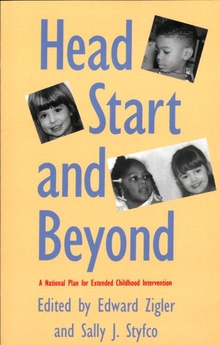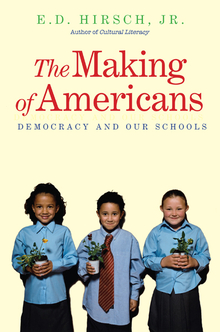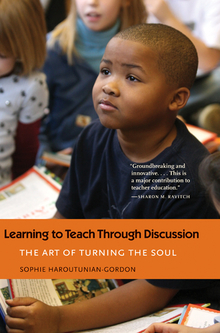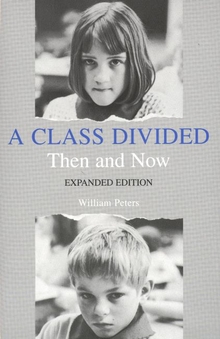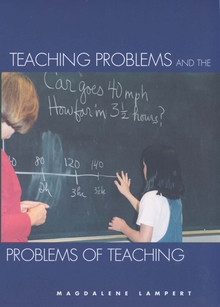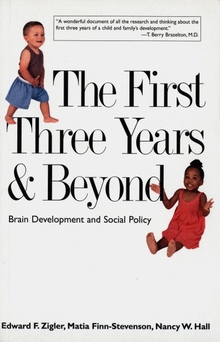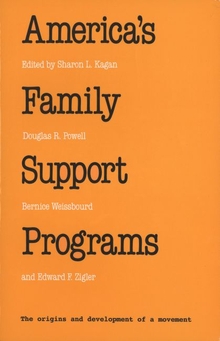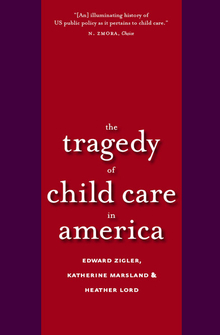Head Start and Beyond
WARNING
You are viewing an older version of the Yalebooks website. Please visit out new website with more updated information and a better user experience: https://www.yalebooks.com
A National Plan for Extended Childhood Intervention
Edited by Edward F. Zigler and Sally J. Styfco
The authors conclude that the Head Start model has been effective in enhancing the social competence and school success of poor children. They argue that Follow Through, which was intended to be a national program, now represents a tiny experiment in education that is too minimally funded to have an impact. And Chapter 1, which exists in over 90 percent of the nation's school districts and is massively funded, has become a supplementary funding program for local schools rather than a demonstrably effective educational treatment. The new Head Start Transition Project plans to extend Head Start's health and other support services, its efforts to involve parents, and its creative programming and evaluation to children in kindergarten through third grade. The authors suggest an alternative plan: that the huge Chapter 1 program adopt the model of the Transition Project and become the school-age version of Head Start, creating a well-funded, coordinated, and cost-effective series of interventions with unified goals and comprehensive services to meet the needs of poor children from the preschool years through the early elementary grades.
"In this volume, Zigler and Styfco look at the three large federal programs for the education of disadvantaged children—Head Start, Follow Through, and the Title I/Chapter I programs—and discuss how their missions might be interrelated. There could hardly be a better time for this kind of discussion. No one is better qualified to think about the issues and to set the stage for a public consideration of the questions than Zigler."—Sheldon H. White, Professor of Psychology, Harvard University
"This excellent volume compares the nationally successful outreach model, Head Start, with other outreach programs to alleviate the effects of poverty on children. These wonderful ideas delineated in this book present guidelines for future national and local early intervention programs."—T. Berry Brazelton, M.D., professor emeritus, Harvard Medical School
"[This] book is accessible to an unusually wide range of audiences in child development, education, and social policy including researchers, program designers and evaluators, and policy makers. . . . I highly recommend this forward-looking volume. It is full of insights and good ideas."—Arthur J. Reynolds, Child Development Abstracts & Bibliography
"A fascinating look at the massive institution that Head Start has become, and the myriad possibilities for what could well be its next twenty-five years. . . . A thoughtful and informative discussion of the issues that will be critical for Head Start's future success."—Harvard Educational Review
"This slim volume is key reading for American policy-makers, taxpayers and educators interested in reviewing the thirty-year impact of governmentally funded early intervention programmes."—Virginia E. Garland, Journal of Educational Administration and History
"A tremendous resource on the thirty-year history of preschool and elementary education for economically disadvantaged children in the United States, and everyone with an interest in effective outcomes in early childhood education should read it. . . . The authors offer a great deal of experience and insight in a very manageable book that ought to be taken seriously by policy makers."—Judith Russell, Political Science Quarterly
Publication Date: February 22, 1995

